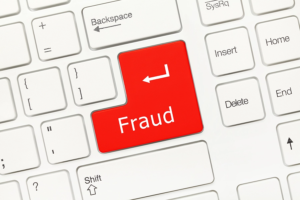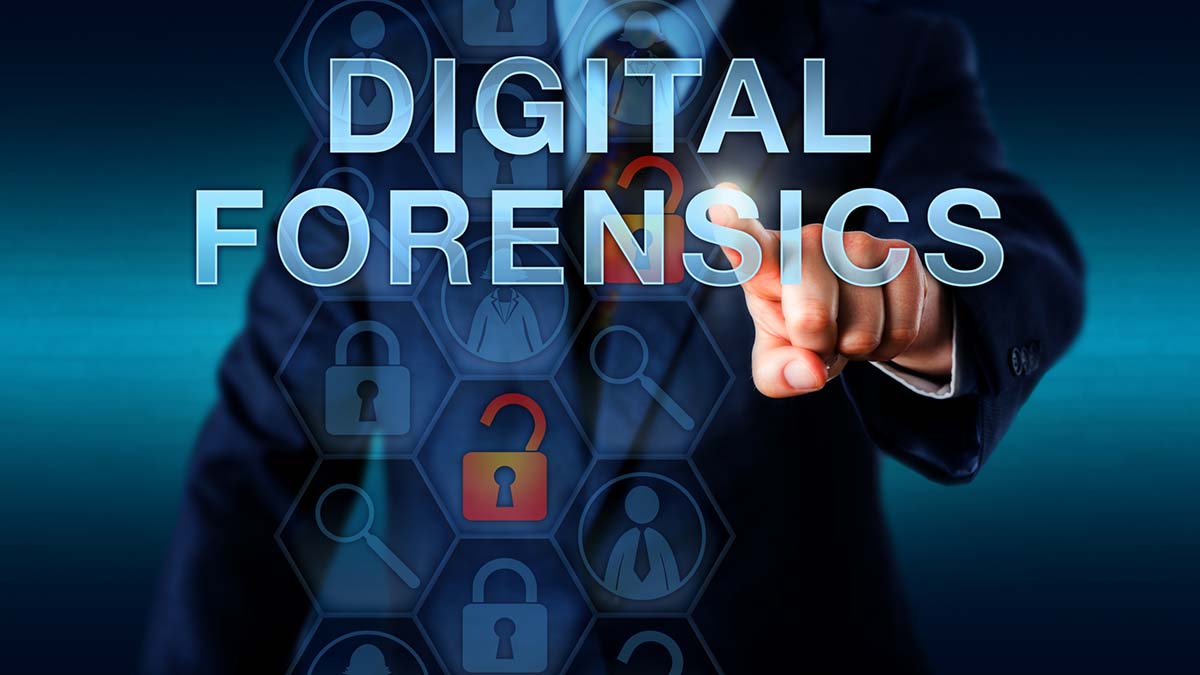 Violations of any number of federal statutes have the potential to jeopardize a business and can, in many cases, result in individuals going to prison. In addition, restitution and forfeiture may be applicable. Below, we delve into some of the most commonly encountered federal business fraud statutes.
Violations of any number of federal statutes have the potential to jeopardize a business and can, in many cases, result in individuals going to prison. In addition, restitution and forfeiture may be applicable. Below, we delve into some of the most commonly encountered federal business fraud statutes.
The Foreign Corrupt Practices Act
The Foreign Corrupt Practices Act applies to any company that must file a report with the SEC, including companies based in the United States, their subsidiaries and those listed on the stock exchanges. This Act bars payments to foreign governments or officials to obtain a competitive advantage.
Wire Fraud and Mail Fraud
Mail fraud and wire fraud are used extensively by federal authorities. Mail fraud involves the use of the mail in a scheme to defraud another person or entity. This broad-based statute includes any mailing of a document that contains a materially false statement. “Mail” is defined as documents sent via public or private carriers. The document is not required to cross state lines to qualify as mail fraud. Wire fraud is similar to mail fraud except it includes just about all forms of media including e-mail, telephone, TV, radio, Internet, telex and facsimile.
Bankruptcy Fraud
This type of business fraud involves defrauding through a document, petition or representation tied to a bankruptcy proceeding. It includes material misrepresentations as to assets and ownership interests in assets.
Health Care Fraud
Health care fraud is the defrauding of any private or public health care benefit program. The definition encompasses the payment for/delivery of services. This a very active area of investigation for federal and state authorities. It includes paying others for patient referrals, upcoding, over billing, ordering unnecessary tests or procedures and submitting false claims. False statements made to procure payment from a federal health care program also qualifies as health care fraud.
Securities Fraud
This type of fraud refers to the sale or purchase of an investment where the return is based on the effort of a third party. An example of such an offense is the trading of stocks with insider information. The fraudulent marking of prices or material false statements in the prospectus are also forms of securities fraud.
The False Claims Act
Those who knowingly make or conspire to produce erroneous financial claims to the government can be found guilty of this type of fraud. It commonly applies to Medicaid and Medicare. False statements made on a bill can qualify as separate offenses. The operative word in this statute’s definition is “knowingly”. “Knowingly” is defined as actual knowledge, intentional ignorance or a “reckless” disregard for what is true. Examples of false claims include false affirmative certifications of compliance with federal regulations, billing and claims that stand for compliance with regulations, statutes or contract terms.
Material False Statements
An individual who makes a materially false statement to an official of the federal government or makes a false record of entry is committing a criminal offense. Though individuals certainly have the right to remain silent, they do not have the right to lie.
The Dodd-Frank Act of 2010
Passed into law as a result of the last recession, this Act is meant to spur improved transparency and accountability on Wall Street, protect investors and reform mortgages. However, its Constitutionality is currently being challenged in federal court. Stay tuned for developments.
Bank Fraud
Bank fraud is an attempt (or the actual execution) to defraud a federally insured financial institution. Bank fraud encompasses securities, funds and property owned or possessed by the institution that has been victimized. Bank fraud can still apply even if the institution does not suffer an actual loss. It also includes submitting materially false statements on loan applications, whether the loan is for a car, car lease, home mortgage, or revolving line of credit.
Uniform Fraudulent Transfer Act
Fraudulent conveyances that occur in various contexts, such as bankruptcy, have tripped up numerous individuals and businesses in the past. The language of these statutes is broad enough to include activity that is meant to defraud, delay or disrupt a creditor. Courts can go back as far as six years to uncover evidence of this style of fraud. An example in the context of the private sector is a leveraged buyout in which a company borrows against its assets and acquires stock. Such an action can be scrutinized as a fraudulent conveyance.
The Computer Fraud and Abuse Act
This Act bars the procurement of national security information, infiltrating confidential information stored on computers, password trafficking, damaging transmissions/access and any extortion involving threats to damage computing devices. It is worth noting that cell phones qualify as “computing devices”.
Immigration Fraud
Those who fraudulently use immigration documents such as border crossing cards, permits and visas can be found guilty of immigration fraud.
The Sarbanes-Oxley Act of 2002
This Act has eleven unique “Titles”, each with a section that has been written in response to corporate wrong-doings. Its purpose is to prevent future corporate scandals by requiring in-depth financial disclosures and auditor independence.
The experienced attorneys at Stahl Gasiorowski Criminal Defense Lawyers aggressively defend individuals charged with complex federal and state crimes. Founder Robert G. Stahl is recognized as one of the top criminal defense attorneys in the NY/NJ area for his skills, knowledge and success. To contact us to discuss your case, call 908.301.9001 for our NJ office and 212.755.3300 for our NYC office or email us at rgs@sgdefenselaw.com.



Leave A Comment